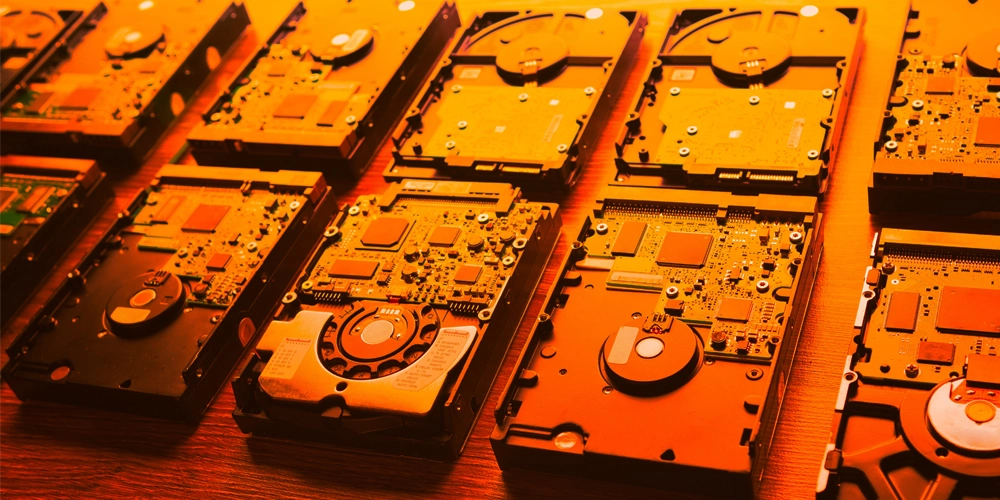
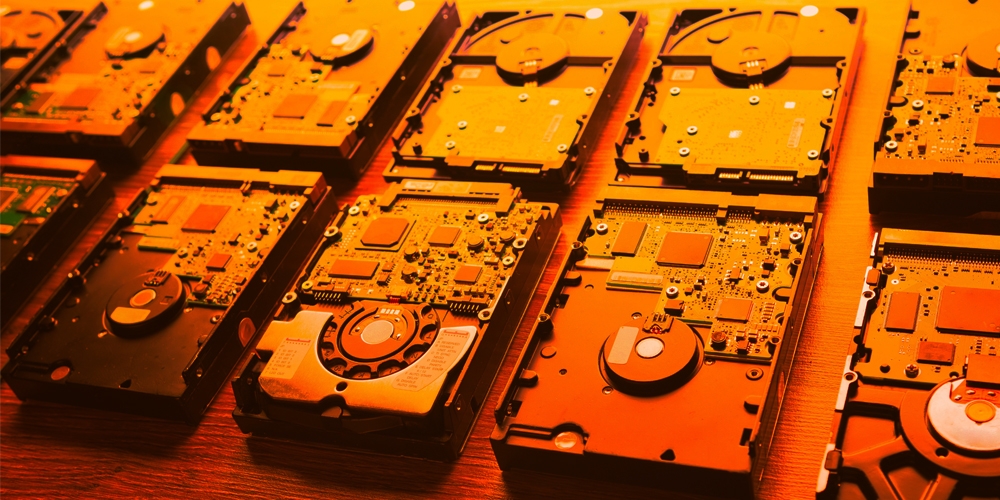
We commonly see companies advertise and sell both Enterprise level hard disk drives (HDDs) and Consumer level HDDs at very similar prices. This leads to some of our customers baffled at which type of HDD to choose from. Isn’t it a no-brainer that I should get the Enterprise drive? Is there a large difference between the two? Is it worth the extra money to get the Enterprise drive?
What are Desktop HDDs Used For?
Desktop HDDs are generally only focused on running regular applications (Windows OS, office applications, games, etc…) that only require the software to read/write data to the hard drive on occasion. Desktop HDDs are generally used for several hours each day, and are set to sleep/hibernate/off for most of the time, during which the HDD is not being utilized at all.
What are Enterprise HDDs Used For?
Enterprise-level HDDs are expected to be on 24 hours a day, 7 days a week. Not only do they rely on operating system and application load and runtime support, but they also may provide application and/or storage services to the network. This requires large-capacity data storage that is always available and reliable. For example, an enterprise system may use four drives in a RAID 10 setup for the operating system and may use many drives for configuration in multiple RAID 5 or RAID 6 arrays to hold client data. The enterprise system will not only perform the operating system and application tasks locally but will also be expected to support client requests 100% of the time.
Enterprise-level drives also generally incorporate internal mechanisms that allow faster data access and retrieval. These features include heavier actuator magnets, faster spindle speeds, denser magnetic media, and faster drive electronic components with more cache memory and faster hard drive micro-processor speeds.
So Which One Should You Buy?
As a consumer, you will probably never see a difference even if you place the drives in identical systems running side-by-side. Unless you plan on running a RAID configuration or plan to have your system on and in use by several users and/or data-intensive applications, a consumer-level HDD will be all that you really need. If you plan on putting the HDD in a NAS RAID configuration, or a local server that you are planning on accessing remotely, then an enterprise-level HDD is the right way to go.

Enterprise vs Consumer Drives: Which One Should You Choose?

We commonly see companies advertise and sell both Enterprise level hard disk drives (HDDs) and Consumer level HDDs at very similar prices. This leads to some of our customers baffled at which type of HDD to choose from. Isn’t it a no-brainer that I should get the Enterprise drive? Is there a large difference between the two? Is it worth the extra money to get the Enterprise drive?
What are Desktop HDDs Used For?
Desktop HDDs are generally only focused on running regular applications (Windows OS, office applications, games, etc…) that only require the software to read/write data to the hard drive on occasion. Desktop HDDs are generally used for several hours each day, and are set to sleep/hibernate/off for most of the time, during which the HDD is not being utilized at all.
What are Enterprise HDDs Used For?
Enterprise-level HDDs are expected to be on 24 hours a day, 7 days a week. Not only do they rely on operating system and application load and runtime support, but they also may provide application and/or storage services to the network. This requires large-capacity data storage that is always available and reliable. For example, an enterprise system may use four drives in a RAID 10 setup for the operating system and may use many drives for configuration in multiple RAID 5 or RAID 6 arrays to hold client data. The enterprise system will not only perform the operating system and application tasks locally but will also be expected to support client requests 100% of the time.
Enterprise-level drives also generally incorporate internal mechanisms that allow faster data access and retrieval. These features include heavier actuator magnets, faster spindle speeds, denser magnetic media, and faster drive electronic components with more cache memory and faster hard drive micro-processor speeds.
So Which One Should You Buy?
As a consumer, you will probably never see a difference even if you place the drives in identical systems running side-by-side. Unless you plan on running a RAID configuration or plan to have your system on and in use by several users and/or data-intensive applications, a consumer-level HDD will be all that you really need. If you plan on putting the HDD in a NAS RAID configuration, or a local server that you are planning on accessing remotely, then an enterprise-level HDD is the right way to go.

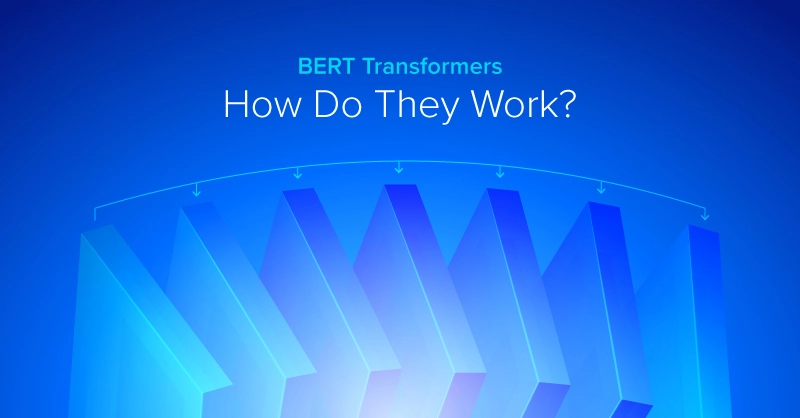
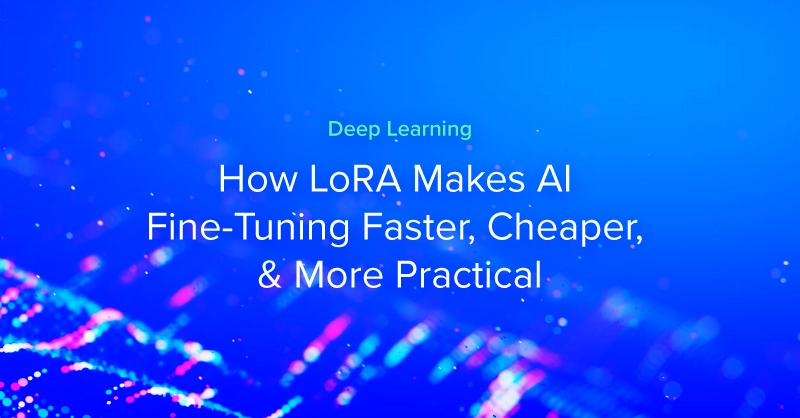
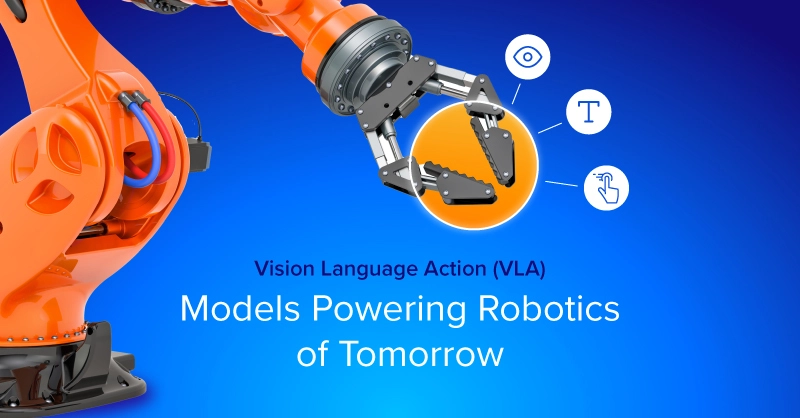
.jpg?format=webp)